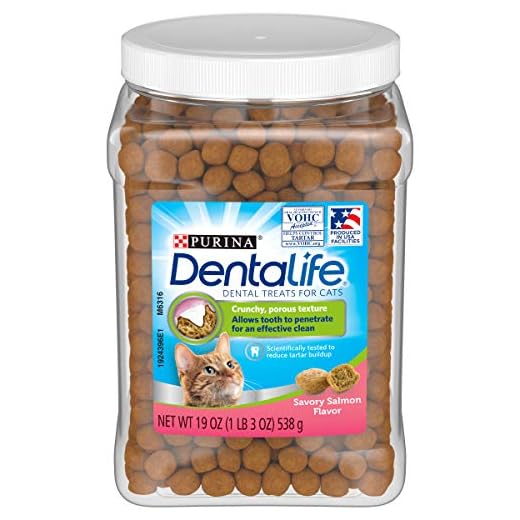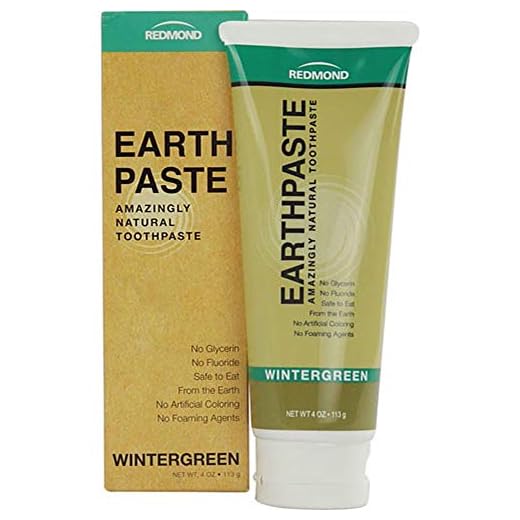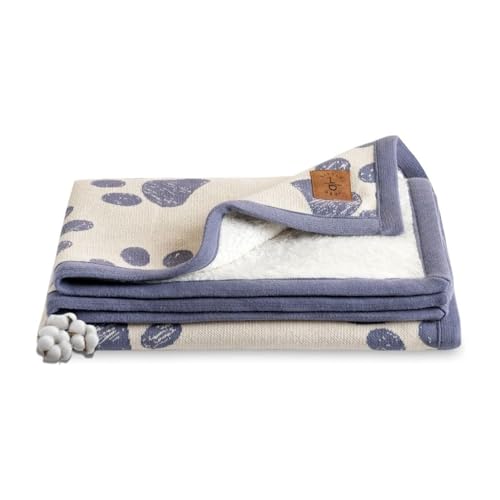



Using regular dental creams for humans can pose serious health risks to our furry companions. These products often contain ingredients like fluoride and xylitol, which can lead to severe reactions in pets. It’s crucial to keep these items out of reach, as even a small amount can cause distress.
For my fellow feline enthusiasts, it’s essential to opt for specially formulated dental care items designed for our kind. These alternatives prioritize safety while promoting oral hygiene. Brands create tailored solutions that cater to the unique needs of our whiskered pals, ensuring they stay healthy and happy.
If you suspect that your little friend has ingested a harmful substance, immediate veterinary attention is necessary. Being proactive and informed about pet care can make all the difference in keeping our beloved companions safe.
Is Toothpaste Safe for My Feline Friends?
Absolutely not! Using regular dental products designed for humans can lead to serious health issues in our furry companions. Ingredients like fluoride and xylitol, commonly found in these pastes, are harmful to us kitties.
Common Ingredients to Avoid
- Fluoride – Can cause gastrointestinal distress and neurological issues.
- Xylitol – Extremely dangerous; it can lead to a rapid drop in blood sugar and liver failure.
- Artificial sweeteners – Often included, these can have various negative effects on our health.
Safe Alternatives
- Pet-specific dental gels – Formulated to be safe and effective for us.
- Water additives – Help maintain oral hygiene without harmful ingredients.
- Dental treats – Designed to clean teeth while being delicious and safe.
Always consult a veterinarian before trying new products to keep our smiles bright and healthy!
Common Ingredients in Toothpaste That Are Harmful to Cats
Many oral care products contain substances that can be detrimental to my health. Here are the main culprits to watch out for:
Fluoride
This compound is often added for its cavity-fighting properties, but it can cause serious issues if ingested by felines. Symptoms of fluoride poisoning include vomiting, diarrhea, and in severe cases, seizures.
Xylitol
A sweetener found in some formulations, xylitol is extremely dangerous for me. Even small amounts can lead to a rapid drop in blood sugar, resulting in lethargy, loss of coordination, and potential liver failure.
Other ingredients like sodium lauryl sulfate and certain artificial colors may also lead to digestive problems or allergic reactions. Always check labels and keep any dental products out of my reach!
Symptoms of Poisoning from Dental Products
When exposed to harmful dental creams, I can show various signs that indicate distress. Look for excessive drooling, which may be more than usual and can be a clear warning sign. If I start to vomit or show any signs of nausea, it’s crucial to take action immediately.
Watch for any changes in my appetite. If I refuse to eat or drink, it could signal something is wrong. Lethargy is another key symptom; if I become unusually tired or less active than usual, it’s time to consult a vet.
Pay attention to my behavior. If I seem disoriented, have trouble walking, or experience tremors, these are serious signs that shouldn’t be ignored. Additionally, any unusual noises or vocalizations can indicate discomfort or pain.
Don’t forget to check for gastrointestinal issues. Diarrhea or changes in my bowel movements may also signal a problem. If you notice any of these symptoms, it’s best to seek veterinary assistance right away.
For those interested in documenting their pet’s health journey, consider using best budget digital cameras under 100 to capture important moments and share experiences.
What to Do If Your Cat Ingests Toothpaste
If I happen to consume any dental product, it’s crucial to take swift action. First, monitor me closely for any unusual behavior. If I show signs of distress, such as vomiting or excessive drooling, contact a veterinarian immediately. Time is of the essence in these situations.
Next, gather information about the specific product ingested, including its ingredients and any potential hazards. This information will assist the veterinary team in providing the best care. If possible, take a picture of the packaging or list the components.
Do not attempt to induce vomiting unless advised by a professional. This can sometimes worsen the situation. Instead, keep me calm and comfortable while waiting for guidance.
Hydration is also essential. Encourage me to drink fresh water if I’m willing. This can help dilute any harmful substances in my system.
Lastly, don’t hesitate to seek medical attention, even if I seem fine. Some effects may not be immediately noticeable. A thorough examination can rule out any complications and ensure my well-being.
Safe Alternatives to Traditional Toothpaste for Cats
Using safe dental care products is essential for my feline friends. Here are some vetted options that ensure our oral hygiene without harmful ingredients.
Natural Ingredients
Look for products made with natural components such as:
- Chicken or fish-flavored gels specifically designed for us.
- Organic coconut oil, which has antibacterial properties.
- Herbal formulations containing parsley or peppermint for fresh breath.
Homemade Solutions
If you prefer a DIY approach, consider these recipes:
- Mix baking soda with a small amount of broth for a safe paste.
- Blend water with a pinch of turmeric for its anti-inflammatory benefits.
Always consult with a veterinarian before introducing new products to ensure they align with our health needs.
| Alternative Product | Benefits |
|---|---|
| Chicken-flavored gel | Encourages regular dental care |
| Coconut oil | Aids in reducing bacteria |
| Turmeric paste | Helps with inflammation and pain |
Maintaining our dental health is a team effort, and these alternatives make it easier for both humans and us furry companions!
Preventing Access to Harmful Substances
Keep all dental products out of reach. Store them in cabinets or high shelves to prevent curious paws from getting into them. Use child-proof locks on cabinets if necessary. Make sure to regularly check for any spills or leaks that might attract attention.
Safe Storage Practices
Utilize containers that seal tightly. Plastic bins with secure lids can be beneficial. Ensure that any bags or boxes are clearly labeled and stored separately from edible items. This helps in avoiding any mix-ups.
Education and Awareness
Educate all family members about the dangers associated with common household items. Make sure everyone knows the importance of keeping potentially harmful substances away from your furry friends. Share tips through family meetings or create visual reminders around the house.
If you’re looking for nutritious options for your furry companions, consider exploring dry cat food for feral cats to ensure their diet is safe and healthy.
FAQ:
Is toothpaste harmful to cats?
Toothpaste can be harmful to cats, especially those that contain fluoride, xylitol, or other artificial sweeteners. Cats are sensitive to many substances that are safe for humans. If a cat ingests toothpaste, it may experience symptoms such as vomiting, diarrhea, or lethargy. It’s important to keep toothpaste out of reach and use products specifically designed for pets to maintain their dental health.
What should I do if my cat eats toothpaste?
If your cat has ingested toothpaste, the first step is to observe for any signs of distress, such as vomiting, diarrhea, or changes in behavior. If you notice any of these symptoms, contact your veterinarian immediately for advice. They may recommend bringing your cat in for an examination or suggest monitoring your cat at home, depending on the amount ingested and the ingredients in the toothpaste.
Can I use human toothpaste to brush my cat’s teeth?
No, it is not advisable to use human toothpaste to brush your cat’s teeth. Human toothpaste contains ingredients that can be toxic to cats, such as fluoride and certain flavors that may be harmful. Instead, use toothpaste formulated specifically for cats, which is safe for them to swallow and often comes in flavors that appeal to pets, such as poultry or fish. Regular brushing with the right products can help maintain your cat’s dental health.







